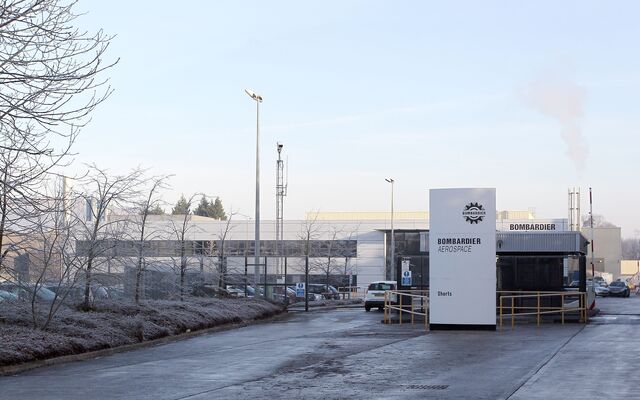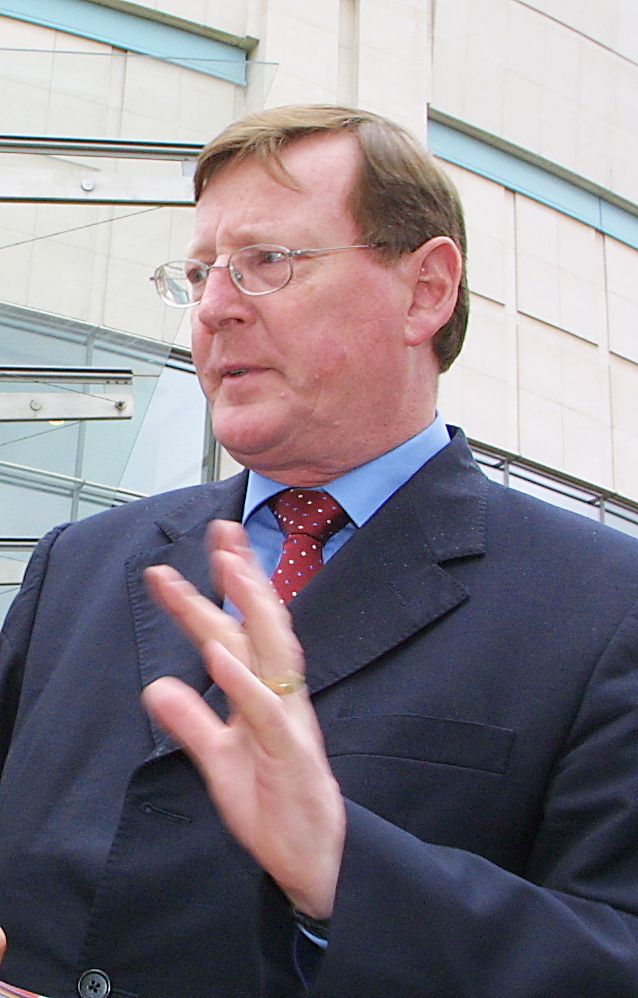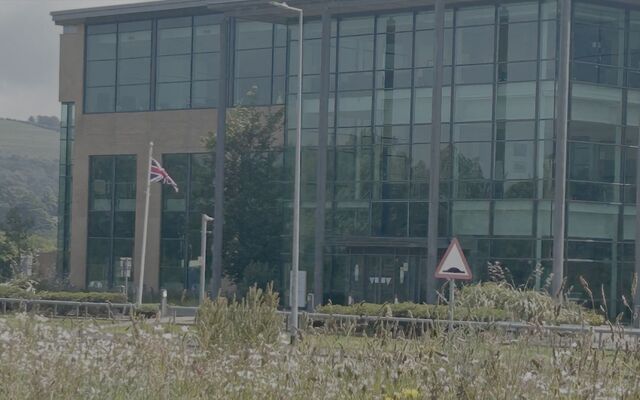THE passing this week of David Trimble is first and foremost a tragedy for those who loved and knew him and our thoughts are with his family and friends as they attempt to come to terms with their great loss.
The death of someone so centrally involved in one of the most dramatic and momentous episodes in modern Irish history is also a milestone in this tortuous and ongoing journey that we call the peace process.
The most important thing that can be said about Mr Trimble is that accolades and tributes to his courage and tenacity are fully deserved. While the Good Friday Agreement of 1998 was the high water mark of his political career and a legacy for the ages, it is easy to forget the very real physical danger that he and his family faced as the fight to get the peace agreement signed turned vicious and violent. It would have been the easiest thing in the world for him to have caved in to the bully boys of extreme political unionism and the thugs of loyalist paramilitarism, all of whom placed immense pressure on him to face away from the future and turn back to a past in which they felt comfortable and in charge. It would also have been entirely understandable. But he did not and for that he and John Hume – who also faced almost intolerable opposition and pressure from his ‘own side’ – fully deserved their joint Nobel Peace Prize. (As prize deserved by others who went unacknowledged for cynical and cowardly reasons.)
Mr Trimble’s lack of social skills was something that became instantly clear to anyone who met him. He could be a dour and difficult person and he was somebody who felt painfully ill-at-ease in the cliquish world of politics and boozy back-slapping – authentic or manufactured – was anathema to him. Ironically, however, his refusal to indulge in backroom bonhomie was a key factor in his pushing through in the face of often hysterical opposition. He was immune to the blandishments of political chums because he had none; personal closeness was not for him a factor when it came to making tough decisions, as it was for so many others.
While it is right that Mr Trimble will be remembered primarily as a peacemaker – imperfect as the agreement was, it has survived for 24 years – it would be wrong not to acknowledge the often destructive part he played down through the years. He was a member of the neo-fascist Vanguard movement virtually from its inception in the early 70s. He was happy to rub shoulders with loyalist paramilitaries as a central figure in the Ulster Workers’ Council strike of 1974 – at a time when said paramilitaries were slaughtering Catholics and dumping them in alleys. And he was a deeply malign element in the Drumcree crisis of the 90s, which saw street law-breaking on an unprecedented scale and sent tensions sky-rocketing.
Whether he intended it as such or not, Mr Trimble’s central role in the 1998 peace agreement was a redress of sorts, one which ensured that he will be remembered ultimately as a positive force.







